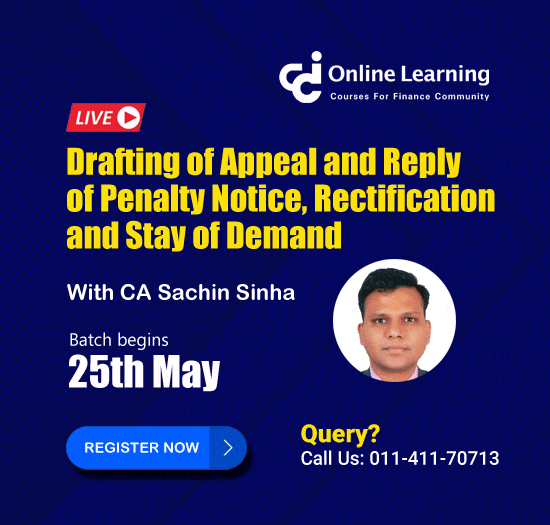For many, the world of professional betting is not just a hobby but a legitimate source of income. The thrill of wagering on outcomes and the potential for substantial returns can be exhilarating. However, with financial gain comes the inevitable reality of taxes. Unlike casual gamblers, professional bettors must adopt sophisticated strategies to manage their taxes efficiently. For those engaged in platforms like 1xbet, understanding the nuances of tax regulations is crucial to optimizing winnings and minimizing tax liabilities.

Understanding Your Tax Obligations
The first step in managing your tax obligations effectively is to understand the tax laws applicable to gambling winnings in your jurisdiction. While these laws vary widely across different regions, most tax authorities view gambling winnings as taxable income.
Keep Meticulous Records
Professional bettors must maintain detailed records of their betting activities. These records should include:
- Dates of wagers
- Types of bets
- Amounts wagered
- Winning and losing amounts
- Names and addresses of gambling establishments
These records are vital for accurately reporting income and can be invaluable in the event of a tax audit.
Strategies for Minimizing Tax Liability
- Deducting Betting Losses. In many jurisdictions, you can offset your gambling winnings with your losses for tax purposes. However, this requires keeping accurate records of both your wins and losses throughout the tax year.
- Utilizing Business Structures. Professional gamblers can sometimes benefit from establishing a formal business entity, such as a limited liability company (LLC). This strategy can offer several advantages, including the ability to deduct business expenses and losses from your overall income, potentially reducing your taxable income significantly.
Harnessing Retirement Accounts
Contributing to retirement accounts like IRAs or 401(k)s can also serve as a tax-saving strategy for professional bettors. These contributions can reduce your taxable income, providing immediate tax relief, and the earnings in these accounts grow tax-deferred.
Effective Tax Planning
Tax planning is an ongoing process that requires attention to detail and an understanding of the evolving tax laws. Professional bettors should consider working with a tax professional who can provide guidance tailored to their specific situation. This partnership can help identify opportunities for tax savings and ensure compliance with tax regulations.

Leveraging Tax Software and Professional Services
In the digital age, professional bettors have a wealth of resources at their disposal to simplify tax management. Tax software designed for individuals with complex financial situations, including gambling income, can automate much of the record-keeping and calculation process. These programs are continually updated to reflect the latest tax laws and regulations, ensuring that users can maximize deductions and credits related to their betting activities.
Benefits of Tax Software:
- Accuracy and Efficiency: Reduces the likelihood of errors in tax calculations.
- Time-saving: Automates the process of compiling and reporting gambling winnings and losses.
- Tax Optimization: Identifies potential deductions and credits to minimize tax liability.
However, while tax software is powerful, the unique aspects of gambling income may require a personalized touch. Consulting with a tax professional who understands the intricacies of tax law as it applies to betting can provide valuable insights. These experts can offer tailored advice, helping you to develop a comprehensive tax strategy that aligns with your betting activities and financial goals.
Staying Informed on Tax Law Changes
Tax laws and regulations are subject to change, and these changes can have a significant impact on professional bettors. Staying informed about current and upcoming tax law modifications is crucial for effective tax planning and compliance. This responsibility not only involves understanding the tax implications of winnings but also being aware of any shifts in how losses are reported or how gambling income is taxed.
Ways to Stay Updated:
- Subscribe to tax law updates from reputable sources.
- Attend seminars and workshops focused on tax planning for gamblers.
- Engage in online forums and communities where tax professionals share insights and updates.
- Regularly consult with a tax advisor to discuss the impact of any changes on your tax strategy.
By actively monitoring changes in tax laws and adapting your tax planning strategies accordingly, you can ensure that you remain compliant while optimizing your tax situation. This proactive approach can make a significant difference in your overall financial health as a professional bettor.

Conclusion
The world of professional betting offers the potential for significant financial rewards but also brings complex tax challenges. By understanding your tax obligations, maintaining meticulous records, and employing strategic tax planning, you can keep more of your winnings and reduce your tax liability. As the saying goes, "A penny saved is a penny earned," and in the realm of professional betting, effective tax strategies are key to maximizing your earnings.









 CAclubindia
CAclubindia

